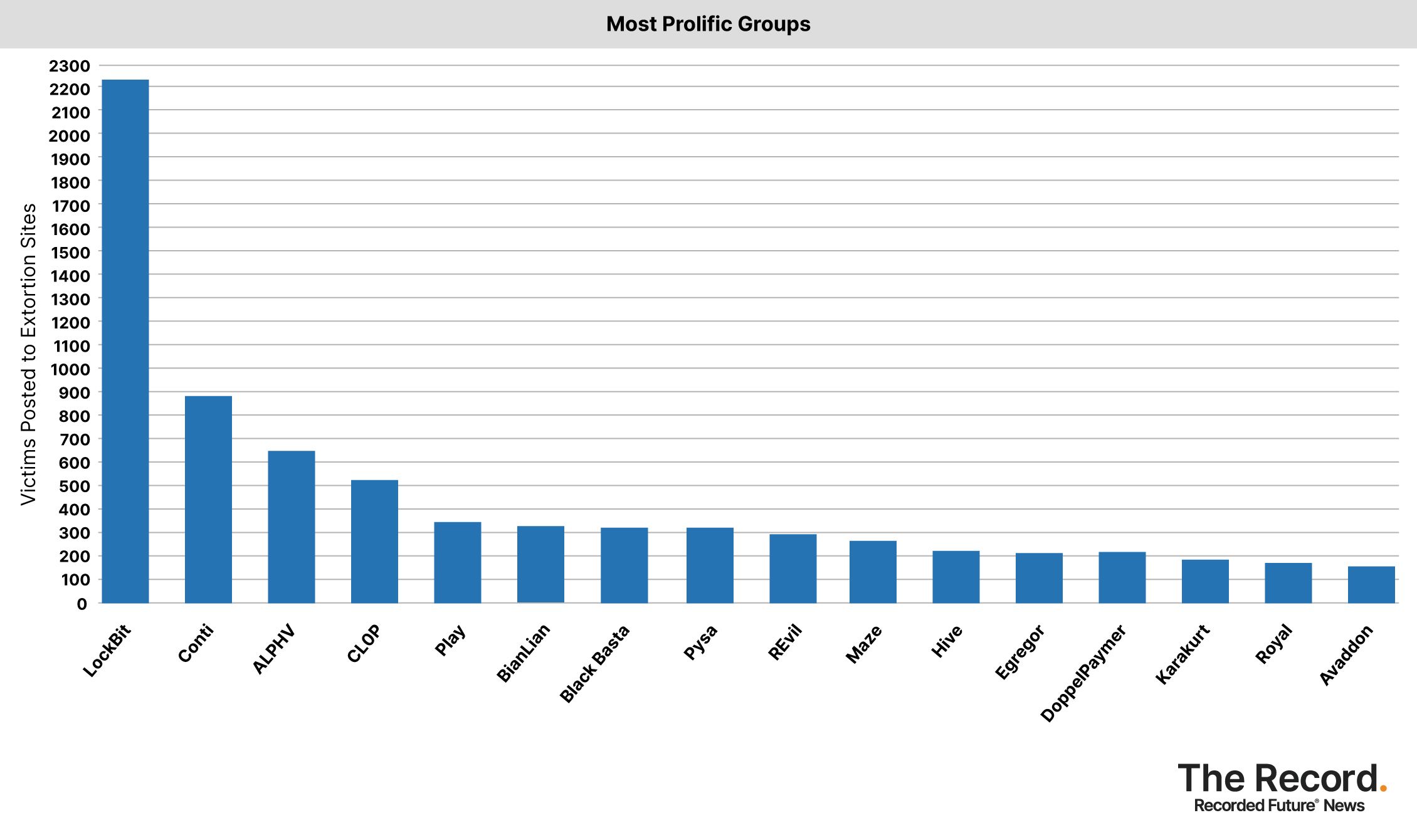Group-IB, a cybersecurity firm, helped INTERPOL and Brazil dismantle the Grandoreiro banking trojan operation, as their expertise in threat intelligence and investigation was key.
Malware samples collected during independent investigations in Brazil and Spain (2020-2022) were analyzed by Group-IB and other partners, which helped track the constantly shifting infrastructure of the attackers and pinpoint the active command and control server.
The combined effort led to the arrest of five administrators in January 2024.
Grandoreiro, a major threat since 2017, used phishing emails mimicking legitimate organizations to target victims in Spanish-speaking countries.
The malware steals financial data by employing a multi-pronged approach, which monitors keystrokes to capture login credentials, simulates mouse clicks for potentially fraudulent transactions, shares the victim’s screen for real-time hijacking, and displays deceptive pop-ups to trick users into compromising information.
Targeting bank accounts, the malware specifically gathers usernames and bank identifiers, granting unauthorized access, which enables criminals to completely control the victim’s account and siphon funds.
To launder the money, they employ a money mule network, likely transferring stolen funds to Brazil and estimates suggest the malware has defrauded victims of over EUR 3.5 million, with potential losses exceeding EUR 110 million if attempted thefts were successful.
In response to a cybercrime campaign targeting Spanish banks with Grandoreiro malware, Brazilian and Spanish authorities independently collected samples between 2020 and 2022.
To improve their investigations, they collaborated with INTERPOL’s Cyber Crime Unit, and Group-IB, a cybersecurity firm, joined the effort to analyze the malware samples.
Their threat intelligence and cyber investigation specialists played a key role in dissecting the Grandoreiro samples, enabling investigators to track the malware’s ever-changing network infrastructure and pinpoint the command and control server’s IP address.
Document
Free Webinar : Mitigating Vulnerability & 0-day Threats
Alert Fatigue that helps no one as security teams need…




